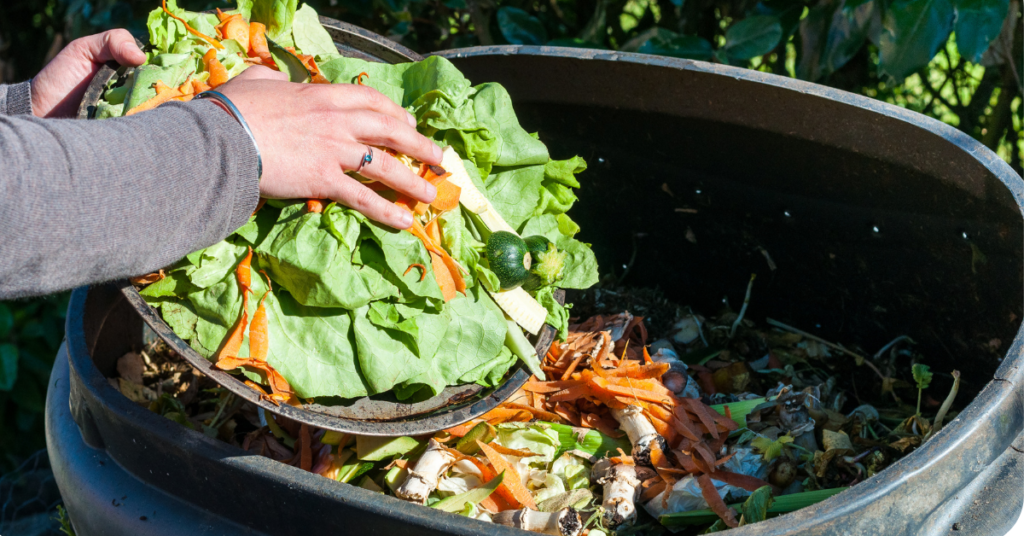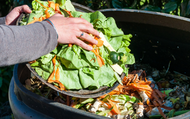Posted by Shannen Godwin on 17th Jun 2021
How to Create Your Own Sustainable Garden

Creating a sustainable garden has become increasingly popular over the last couple of years, and it's easy to see why. Not only will it make it easier and cheaper to maintain your garden, it can also make a positive impression on the environment.
Thinking of starting your own sustainable garden? Here are some helpful tips to get you started.
DIY Compost
First things first: Kitchen waste. According to Wrap.org, we throw away a shocking 6.6 million tonnes of food each year. Instead of throwing your scraps into the bin that will just be wasted in landfill, you could create your own compost!
Not only is it
easy to do, but it's great as an extra additive to your flower beds. To start
your own compost pile, find a shady area of the garden to place your bin.
Creating the perfectly balanced compost takes a variation of additives, not
just kitchen waste. Regularly supply your compost bin with grass clippings,
weeds, prunings, and manure to feed the micro-organisms.
Save Your Water
Instead of using the main water supply to keep your garden hydrated, use collected rain water. Not only is this great for the planet, but it's easy on your water bill too! Leave a few buckets out in the garden to collect what would otherwise be wasted rain water and use it on your garden beds and planters.
Keep It Organic
Using organic compost and
fertilizer is more important than you might think. Organic fertilizers release
nutrients as they break down, which soaks into the soil and improves the soil's
ability to hold water and nutrients.
Over time, this will make your plants healthier and much
more hardy.
But, that's not all. Non-organic soil and fertilizer can
be incredibly damaging to your gardens environment. Soil without organic matter
is all man-made, lacking in the necessary nutrients to help your plants thrive.
Filled with damaging materials like Rockwool, Perlite, and expanded clay
aggregate, it's clear to see that non-organic soil and compost should be
avoided where possible.
A Plant for Life
Trees are a brilliant investment for both your pocket and your health. Firstly, planting a tree is a great way to improve your immediate environment. Not only do plants and trees improve air quality and soil quality, but they also help reduce your overall carbon footprint.
Trees can last for decades. They provide homes for wildlife, offer food sources to pollinators and are beautiful additions to any garden. Do your future self a favour and plant a tree.
Perfect for Pollinators
And lastly, our final tip for creating a sustainable garden is to grow plants and flowers for pollinators. Wildlife such as bees and butterflies use the energy from flowers like Lavender and Alliums to get from A to B, so it's essential to give them the opportunity to fuel up before taking off on their next adventure. Shop our full range of pollinator-friendly plants online.

